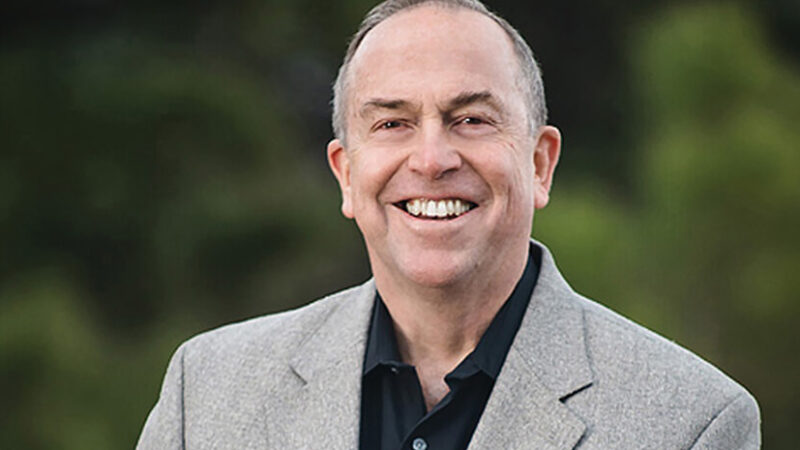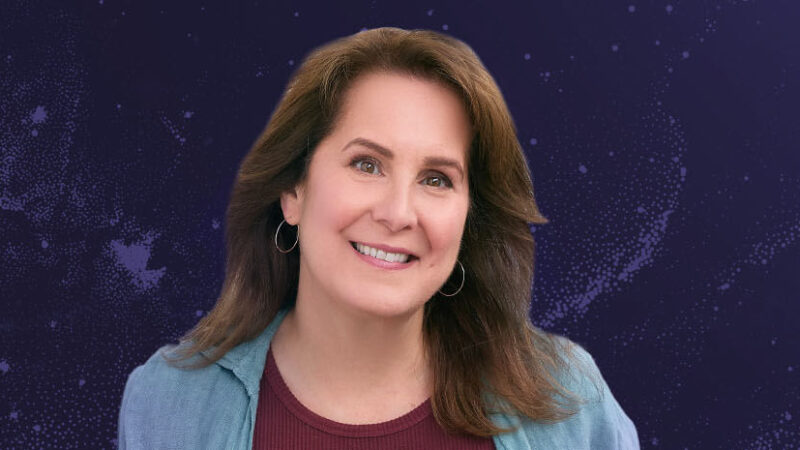Have you ever wondered how to hold the following two seemingly contradictory experiences? On the one hand, you feel in touch with the vast expanse of being. You sense that your true nature is infinite, boundless, unconditionally loving, and outside of time. And on the other hand, you know that in certain situations (usually involving other people!), you are avoidant, dismissive, reactive, and shut down, and—truth be told—you have a lot of healing and personal growth work to do.
Buddhist psychotherapist Bruce Tift is a master at holding these two seemingly contradictory views, and—ready for this?—he does so “without any hope of resolution.” In this podcast, Tami Simon and Bruce Tift talk about how, in his work with clients, he skillfully embraces both the developmental view of psychotherapy and the fruitional view of Vajrayana Buddhism, the blind spots that come with each approach, and how combining them can help people avoid these pitfalls.
Tune in as they discuss unconditional openness, and how it is important to be “open to being closed”; how neurosis requires disembodiment, and further, how our neurosis is fundamentally an avoidance strategy—“a substitute for experiential intensity”; our complaints about other people (especially our relationship partners) as opportunities to take responsibility for our own feelings of disturbance (instead of blaming other people for upsetting us); how to engage in “unconditional practices,” such as the practice of unconditional openness, unconditional embodiment, and unconditional kindness; and more.









